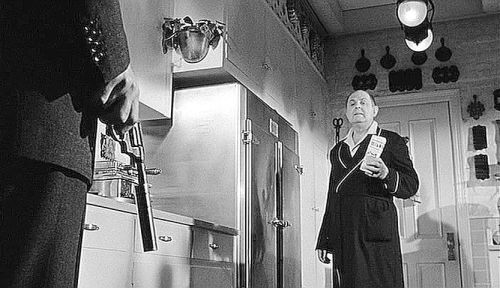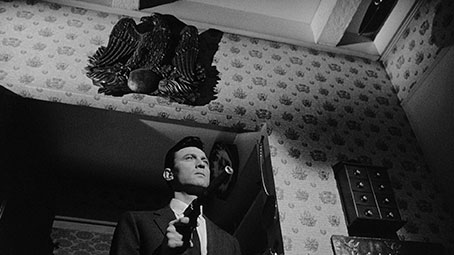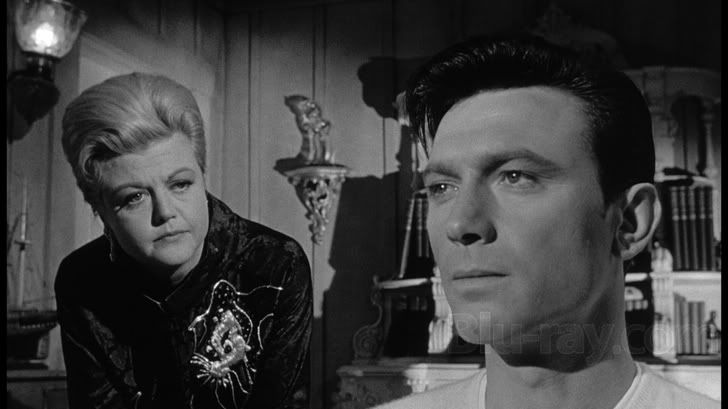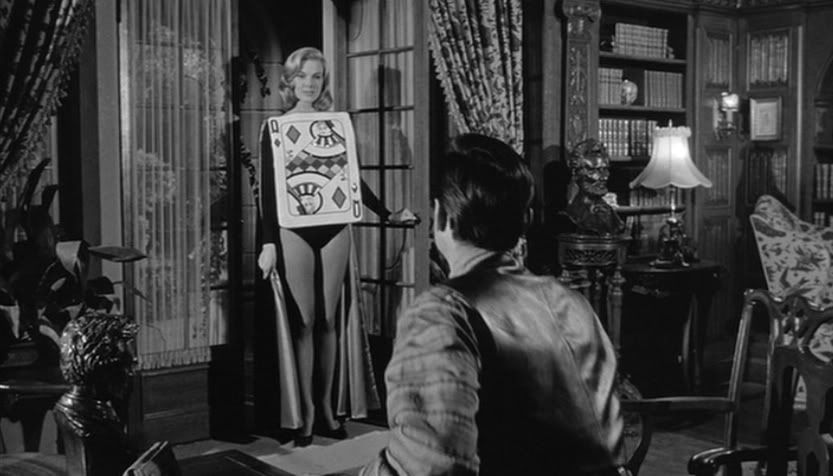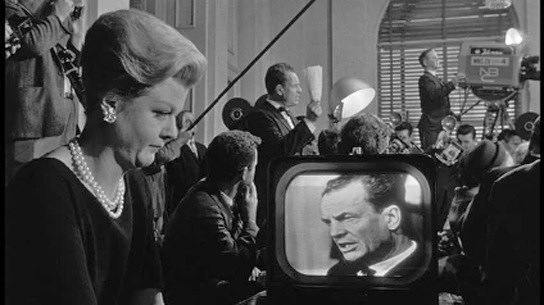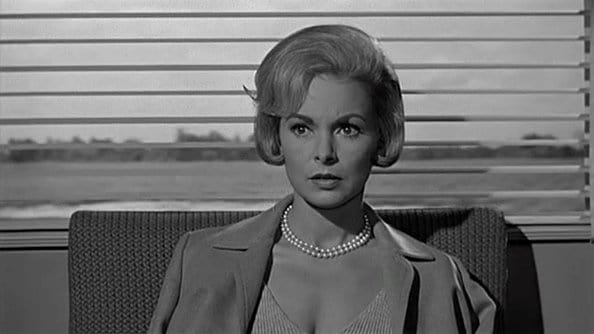Branagh's adaptation of Hamlet turns 20 this month. feels even more bold and radical than it did back in 1996. While it was considered a risky endeavour then, I honestly don't know if it could be made today, at least not with the budget and amount of creative control Branagh had. It could possibly be done on HBO as a mini-series. In many ways it's a miracle this film exists. When Branagh first pitched his idea for an unabridged adaptation of William Shakespeare's Hamlet, most studios wouldn't touch it, sceptical of how well it would do financially, especially after Branagh's previous film, Mary Shelley's Frankenstein failed at the box office. Castle Rock eventually agreed to finance the film under certain conditions- including an all-star cast and an edited 150 minute version for a wide release. Branagh was able to shoot on 70mm- the last film to shoot on the format until Paul Thomas Anderson's The Master in 2012.
The film was the culmination of Branagh's interpretation of Shakespeare on film, following Henry V (1989) and Much Ado About Nothing (1993). Branagh had always strived to make accessible adaptations of Shakespeare for general audiences, and he employed both his theatrical background while also thinking in cinematic terms. What Branagh did with Hamlet was to take it out of the shadowy, black and white world of Laurence Olivier's 1948 Oscar winning film- and also Russian Grigori Kozintsev's 1964 version and sets it against a opulent, majestic and bright castle. In the promo for the Cannes Film Festival Branagh explains that he wanted to go for impressionistic 19th century, not set in one specific year or country; he also wanted to have close enough to reality while retaining a distance that would audiences to accept the heightened language.
The setting and it being shot on 70mm gives it the grandeur of a David Lean epic like Lawrence of Arabia or Dr. Zhivago. The epic scale of the film would appear to run contrary with the play's psychological drama. However, the approach ultimately, I think, works. Consider that Lawrence of Arabia is a study of T.E. Lawrence's psychology while also being a war epic. In the play, Hamlet's personal turmoil and the domestic drama of the royal family is set against the approach of Fortinbras; there's a larger political context to the story. I would venture this film emphasises that juxtaposition of personal and political more than the other film version.
After Hamlet encounters Fortinbras' soldiers he begins the "How all occasions do inform against me" soliloquy, in which he compares his inaction to the soldiers going in to battle, ready to die. As Hamlet gives the speech the camera pulls back, until the final proclamation, "My thoughts be bloody, or be nothing worth!" has Hamlet against the backdrop of frozen mountains. To me, this both grants Hamlet's pivotal turn a more grand gesture- Claudius' murder won't just be revenge, it'll change the fate of the kingdom. The play ends with Fortinbras becoming king of Denmark, Hamlet giving him his "dying voice." Fortinbras is also a man out to avenge his father's murder, though on a more overtly large scale than Hamlet.
Elsinore does feel like something from a bygone era. The exteriors of the castle were shot at Blenheim Castle in Oxfordshire and the wintry landscape feels Russian; if Olivier's and Kozintsev's versions were 50-era Ingmar Bergman, Branagh's recalls Fanny and Alexander. Tim Harvey's Oscar nominated production design (it lost to The English Patient) represents a place of prestige, privilege and comfort- but it's also a maze of secret rooms where anybody could be spying on you; there's an oppressiveness that weighs down on Hamlet. Despite the castle having a different aesthetic and ambiance from other adaptations, it still functions thematically as Hamlet's ''prison." Alexandra Byrne's costume design- also Oscar nominated and losing to The English Patient- feels both authentic to the time but as per Branagh's vision, not strictly attached to one specific year or country.
Coming back Elsinore being from a bygone era, the invasion at the film's conclusion does represent one era ending and another beginning. The deaths of Claudius, Gertrude and Hamlet signify this end. The film begins with the inscription of "Hamlet" on the statue of Hamlet's father- which also acts as the film's title card- and ends with that statue being torn down. Hamlet's father was already killed literally and at the film's end he's symbolically killed via the statue's destruction.
Branagh plays Hamlet very diva-like, and as someone highly intelligent yet easily overcome with emotion. He does calm down his performance in the second part of the film, which begins after "How all occasions do inform against me." Branagh is complimented by one of the greatest ensemble casts in a Shakespearean adaptation, including Derek Jacobi- who himself played Hamlet- as Claudius, Julie Christie as Gertrude (whom-to continue the David Lean connection- was in Dr. Zhivago), Richard Briers as Polonius, and Kate Winslet as Ophelia. In a interesting bit of history, Baz Luhrmann's Romeo+Juliet was released in the November before Hamlet's release. Leonardo DiCaprio starred in that fil and of course he and Winslet would be seen together a year later in Titanic. Supposedly Winslet learned she was cast as Rose in the film on the day she was to film her strait-jacket scene.
Several of the cameos don't fit. Jack Lemmon, Billy Crystal and Robin Williams stand out too much, especially when compared with actors like Jacobi and Briers. The film gets away with Charlton Heston as the Player King due to his commanding voice and presence. Moreover, there's something poignant about Heston- whom of his early roles was as Marc Antony in a 1950 film version of Julius Caesar- returning to Shakespeare near the end of his film career.
Admittedly, Branagh can go too broad as an actor and as a director. Hamlet in a Jesus pose as his body is being carried out by Fortinbras feels excessive and unnecessary; but Branagh also stages many scenes with restraint and nuance. I admired how he puts Ophelia in a doorway during the "Oh, what a noble mind is here o'erthrown" speech. She's in a literal framework while also framed by the camera. Then there's the way Branagh reveals Hamlet in his first scene- panning across the crowd to find him; this reveal adds an certain ominousness vibe to the character. Hamlet is also constantly lurking. The ever-moving camera during scenes with multiple characters also gives off an Robert Altman-vibe and also acts another spying eye.
As a production Hamlet was part of a resurgence of old-fashioned epic films in the 80s and 90s that included the following year's Titanic, Gandhi, Amadeus the aforementioned The English Patient, Braveheart. This resurgence culminate in with The Lord of the Rings trilogy in the early 2000s, maybe the boldest film-making venture in modern film history.
If Hamlet is partly about one era giving away to another, Branagh's film equally represents one kind of film that has given way to less ambitious and more conventional blockbusters. I've actually dreamt of adapting Othello on the same scale as this film. Branagh's film is one of a kind, a testament to sincere and passionate movie-making and love of Shakespeare.
.jpg)













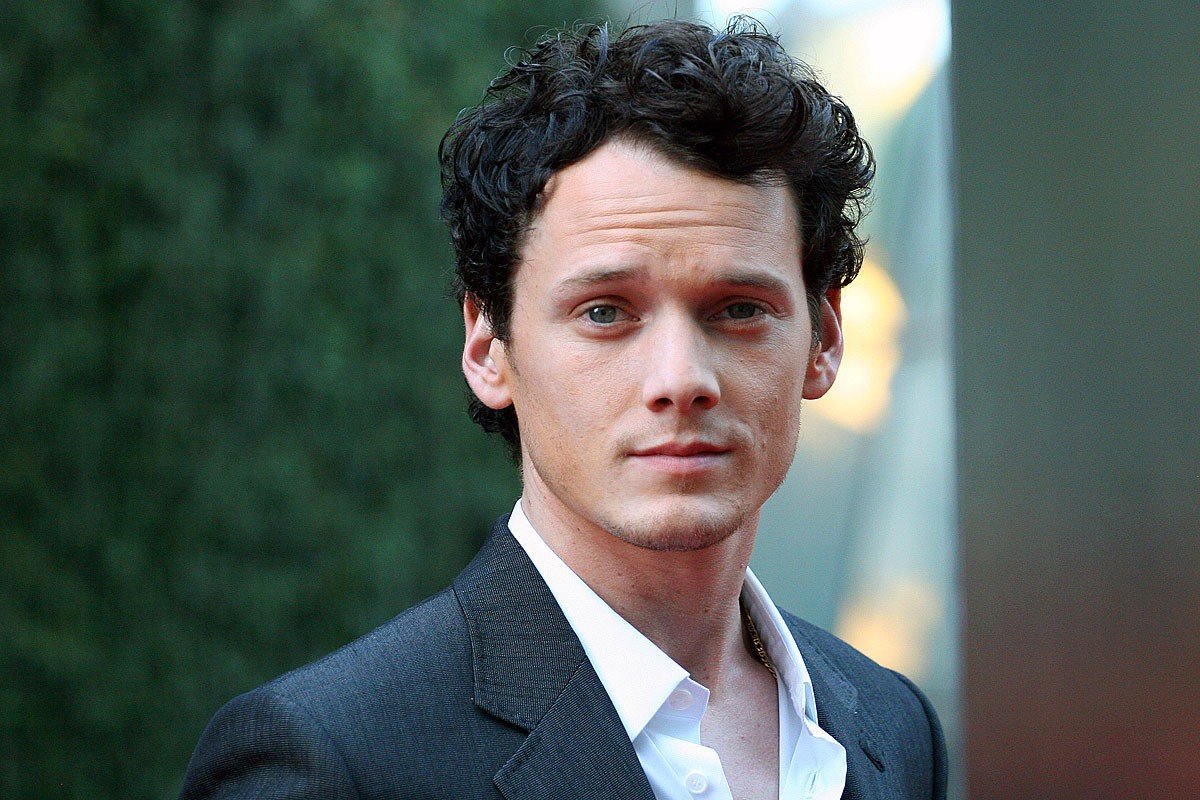

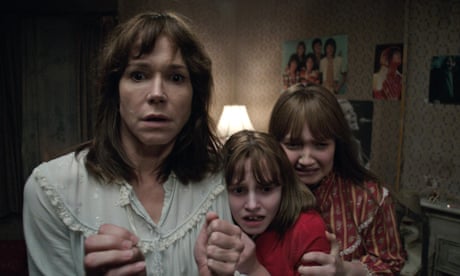
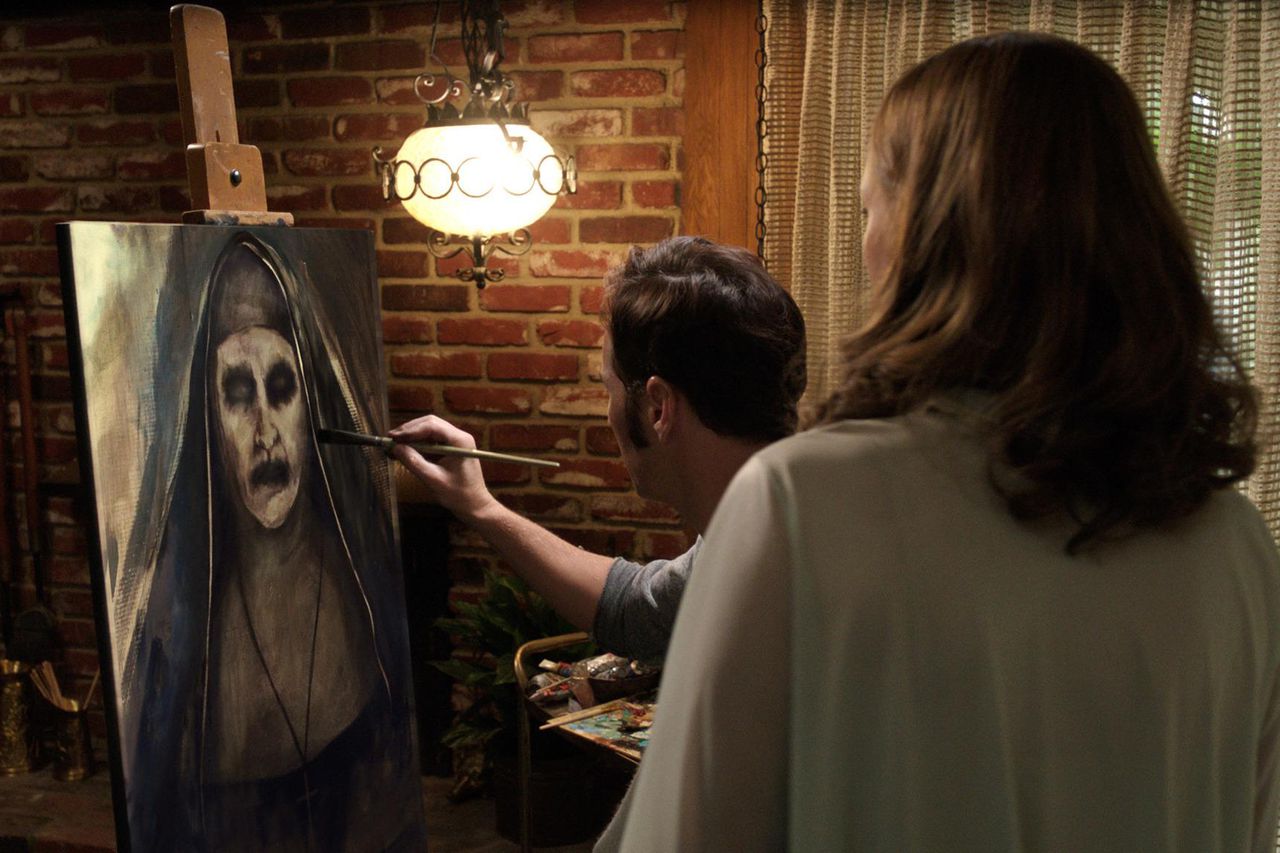

-large-picture.jpg)




